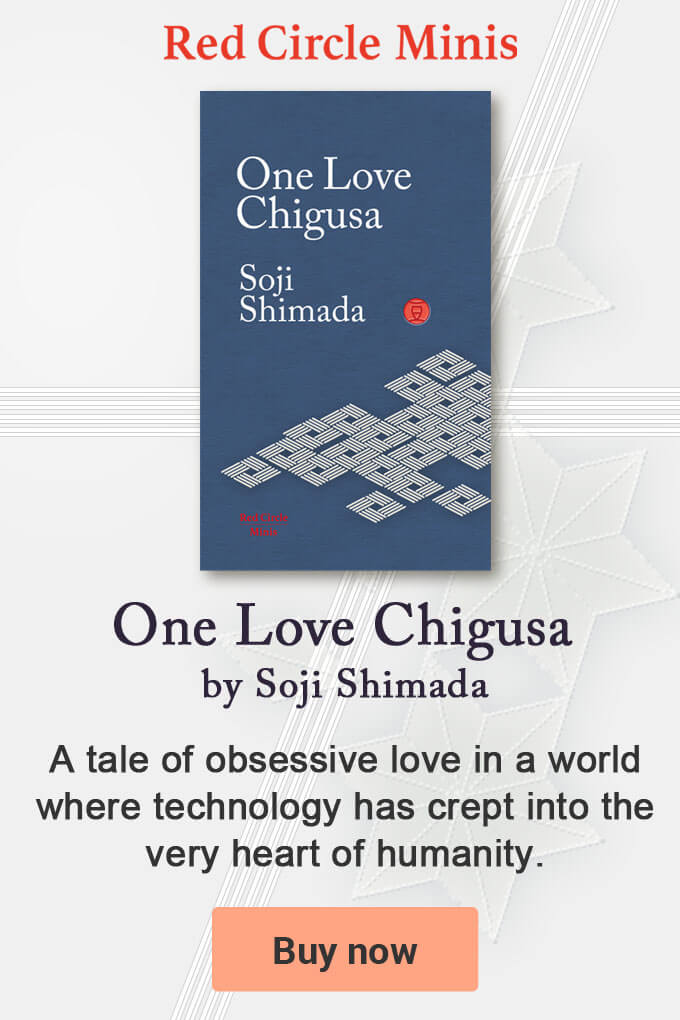“The books for which there is the greatest amount of demand are those that pack the greatest amount of crime into the smallest space, and corrupt the morals of all classes”, writes Isabella L. Bird (1831-1904) in Unbeaten Tracks in Japan: An account of Travels on Horseback in the interior including visits to the aborigines of Yezo and the Shrines of Nikko and Ise, published by G. P. Putnam’s Sons New York in 1881. The book follows Bird’s trip to the Land of the Rising Sun in 1878.
“There are large book shops which supply the country towns and the hawkers who carry books into the villages. ‘Pure Literature Societies’ are much needed in Japan,” writes Bird.
“A bookseller tells me that eight-tenths of his very large stock consists of novels, many of them coarsely illustrated, and the remaining two-tenth of “standard works,” continues Bird.
“You will be interested to know the names of some of those which few but the most illiterate families are without, and which take the place with us by the Bible and Pilgrim’s Progress”.
“There are certain books for women, called collectively the Bunko, and respectively Women’s Great Learning, the moral duties of women based upon the Chinese Classics”.
And she also comments on the price of books observing that: “Books are remarkably cheap. Copyright is obtained by a Japanese author by the payment to Government of a sum equivalent to the selling-price of six copies of his work”.
Despite Bird’s concerns about criminal fiction and its corrupting influences more than a century ago, as well as the nation’s continuing love for the genre, Japan is today a peaceful nation, with low crime rates and very low homicide rates by most international measures.
In 1870s Japan there was huge demand for ‘corrupting’ crime fiction
[UPDATED: 8-6-2024]
© Red Circle Authors Limited
In 1870s Japan there was huge demand for ‘corrupting’ crime fiction
Posted by

